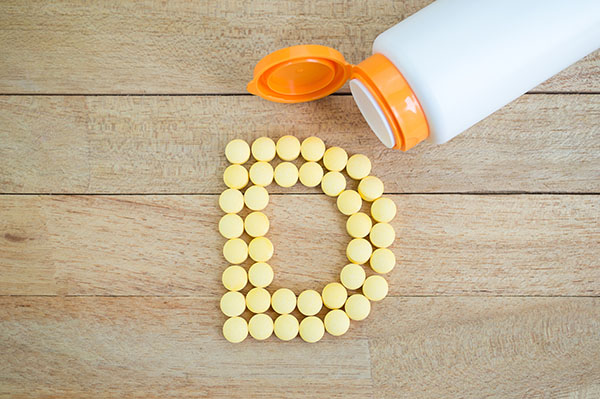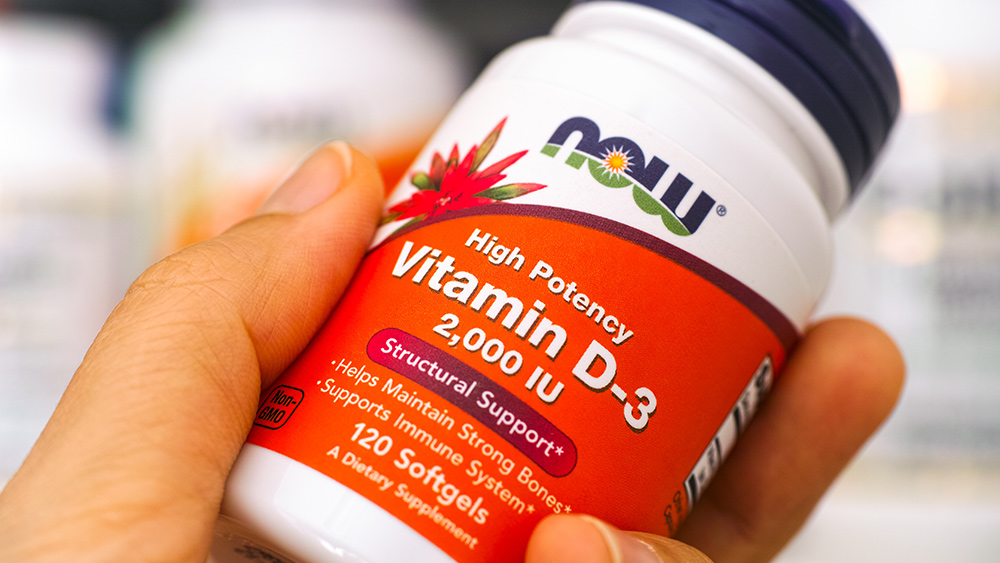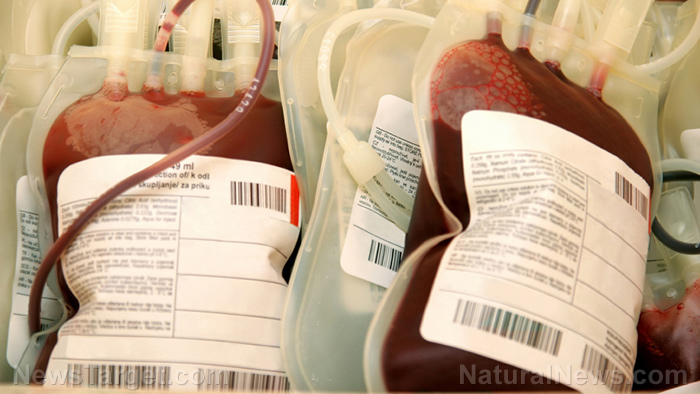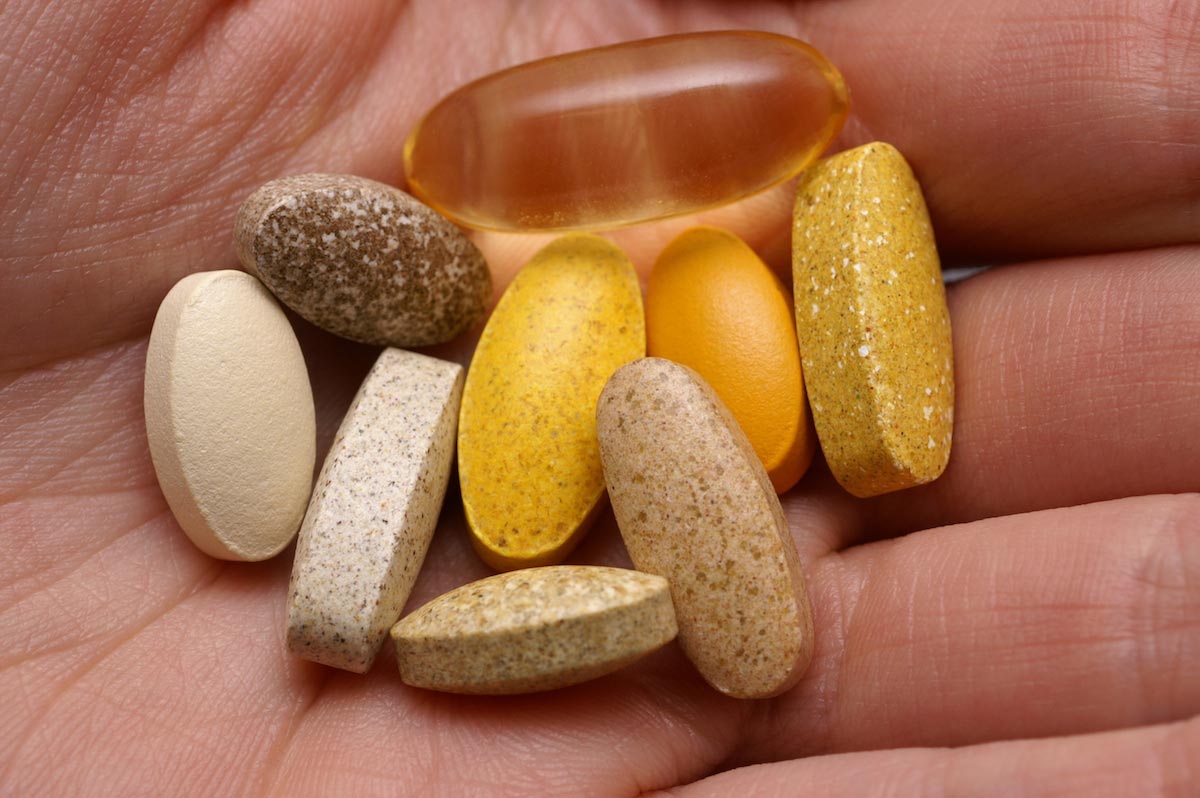 Parler
Parler Gab
Gab
Oxidative balance
A study in Pharmacological Research highlighted the positive effect of vitamin D supplementation on reducing oxidative stress and lipid peroxidation. Lipid peroxidation is generally described as a process under which oxidants, such as free radicals, attack lipids, especially “good fats” or polyunsaturated fatty acids (PUFAs) that regulate hormones, transmit nerve impulses, cushion organs and store energy in the form of body fat. In a new umbrella meta-analysis of Pharmacological Research, scientists specifically outline supplementation with vitamin D as a valid and effective solution for both combating oxidative stress and supporting pro-inflammatory actions. A study published in Cureus demonstrated vitamin D's ability to promote oxidative balance, also known as homeostasis. Thiol/disulfide (T/DS) homeostasis represents a promising new approach to evaluate oxidative stress.Gut microbiota
Science says immunity begins in your gut and is influenced by the thousands of bacteria, fungi, viruses and other microbes (collectively known as your gut microbiome) that live in it. Some bacteria are associated with better health outcomes, others with poorer consequences. In the gut microbiome, the "good bacteria" do more than just promote healthy digestion. They help keep your "bad bacteria" in check and they multiply so often that the unhealthy kind doesn't have space to grow. Equilibrium is what you call having a healthy balance in your gut. A study published in Scientific Reports highlighted the positive impact of vitamin D supplementation on the richness and diversity of gut microbiota. A separate study has also found that vitamin D supplementation increased the abundance of health-promoting bacteroidetes that provide protection from pathogens and metabolize or break down polysaccharides (starch, cellulose and glycogen) and oligosaccharides (sucrose, lactose and maltose), supplying nutrients to the host and other microbial residents of the gut. It also decreased the abundance of bad gut microbes called firmicutes.Inflammatory response
Experts have consistently linked low levels of vitamin D to an increased risk of inflammatory diseases, such as arthritis, cardiovascular disease, multiple sclerosis and sepsis. A study published in Biomolecules reported that recent epidemiological evidence has indicated a significant association between "vitamin D deficiency and an increased incidence or aggravation of infectious diseases and inflammatory autoimmune diseases, such as rheumatoid arthritis, systemic lupus erythematosus and multiple sclerosis." (Related: Vitamin D supplementation helps sufferers of chronic hives.) Vitamin D supplementation has been used to protect against or treat some inflammatory diseases, but its effectiveness remains unclear. Researchers recommend further studies to "determine the mechanisms of vitamin D in each disease to establish proper treatment strategies for the future."Important things you should know before taking vitamin D supplements
A study in the Journal of Nutrition and Metabolism has found that "Australians are spending massive amounts of money on vitamin D supplements, a portion of which may potentially be unnecessary." If you have a vitamin D deficiency, consult a natural health practitioner to learn the appropriate dose of vitamin D you need to take daily to address your specific health needs. (Related: Vitamin D supplementation—how will it help me improve my health?) If you are not vitamin D deficient and consume more than you need, it is possible to reach toxic levels. High levels of calcium in your blood (hypercalcemia) can lead to calcium deposits in soft tissues, such as your heart and lungs; confusion and disorientation; harm to your kidneys (create kidney stones); or nausea, vomiting, constipation, poor appetite, weakness and weight loss. Visit SupplementsReport.com for more stories like this. Watch this video about vitamin D supplements and immunity. This video is from the Jerusalem Cats channel on Brighteon.com.More related stories:
New study shows vitamin supplementation helps prevent COVID-19 infection. Here's the strongest proof yet that vitamin D stops COVID in its tracks. Vitamin D deficiency increases spread of disease. Sources: MedicalNewsToday.com ScienceDirect.com 1 VeryWellHealth.com MindBodyGreen.com ScienceDirect.com 2 Cureus.com Nature.com NCBI.NLM.NIH.gov 1 NCBI.NLM.NIH.gov 2 NCBI.NLM.NIH.gov 3 UIHC.org Brighteon.com3 Key health benefits of vitamin D, the sunshine vitamin
By Olivia Cook // Share
Unvaccinated blood banks? Learn about the growing movement for clean transfusions
By Ethan Huff // Share
FDA unveils plan to combat DEADLY bacterial outbreak in baby formula
By Belle Carter // Share
Dr. Chris Shoemaker: World needs to make more ivermectin available this winter TO SAVE LIVES
By Arsenio Toledo // Share
Governments continue to obscure COVID-19 vaccine data amid rising concerns over excess deaths
By patricklewis // Share
Tech giant Microsoft backs EXTINCTION with its support of carbon capture programs
By ramontomeydw // Share
Germany to resume arms exports to Israel despite repeated ceasefire violations
By isabelle // Share










